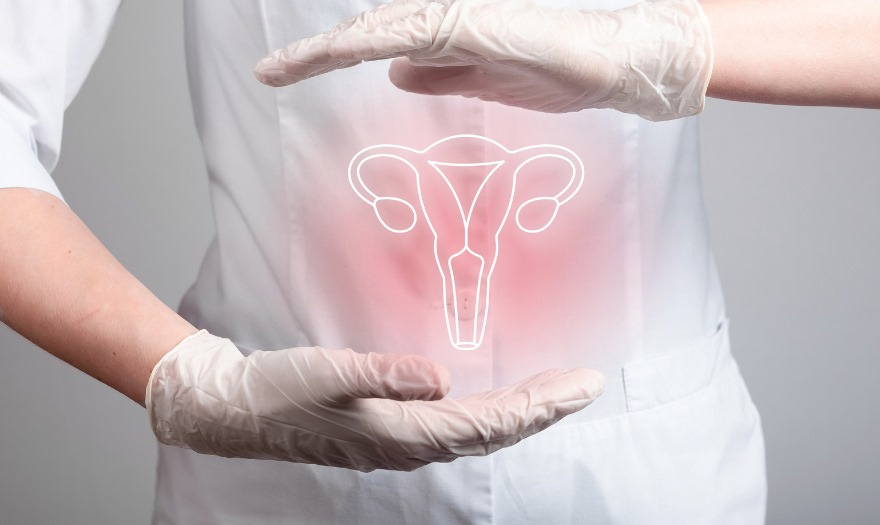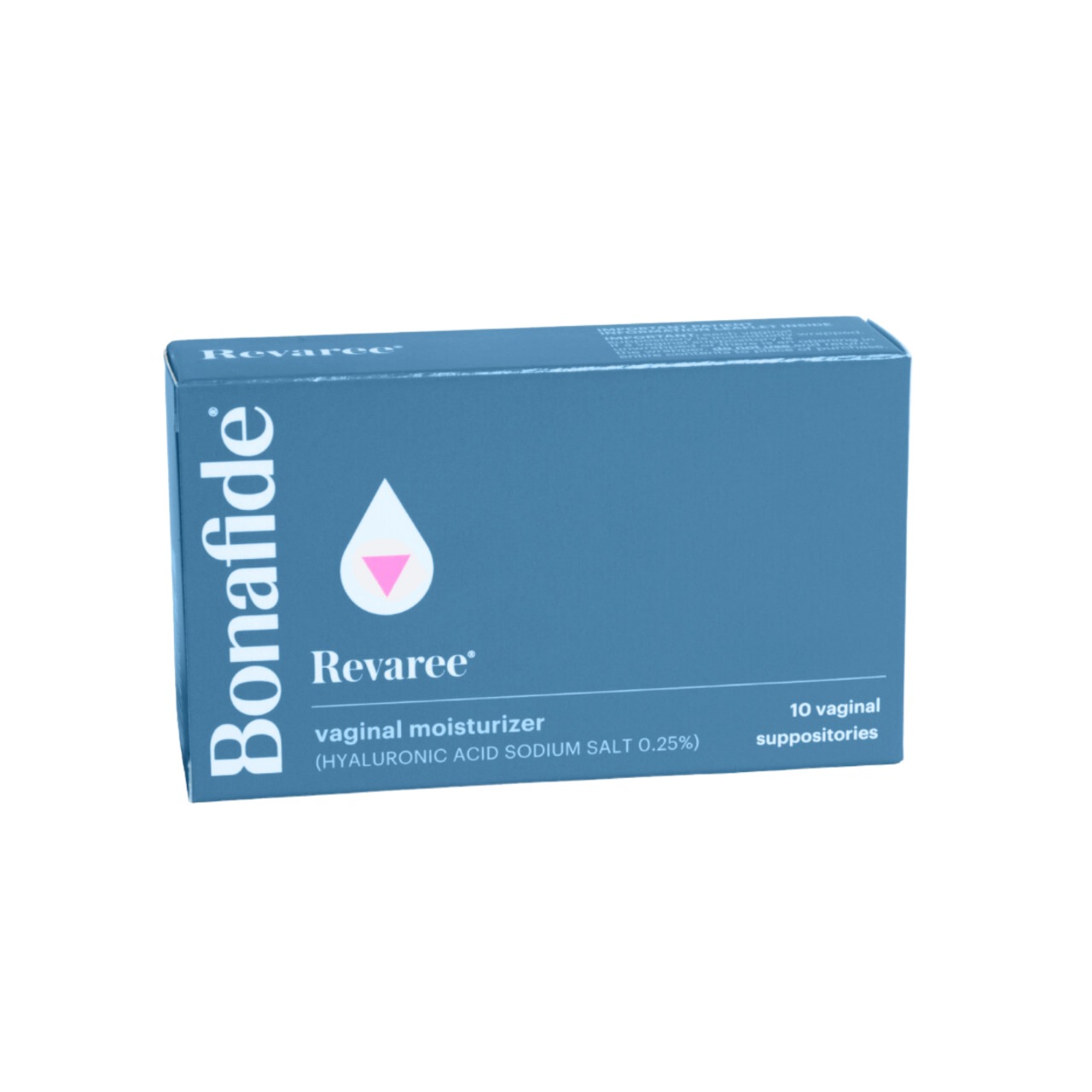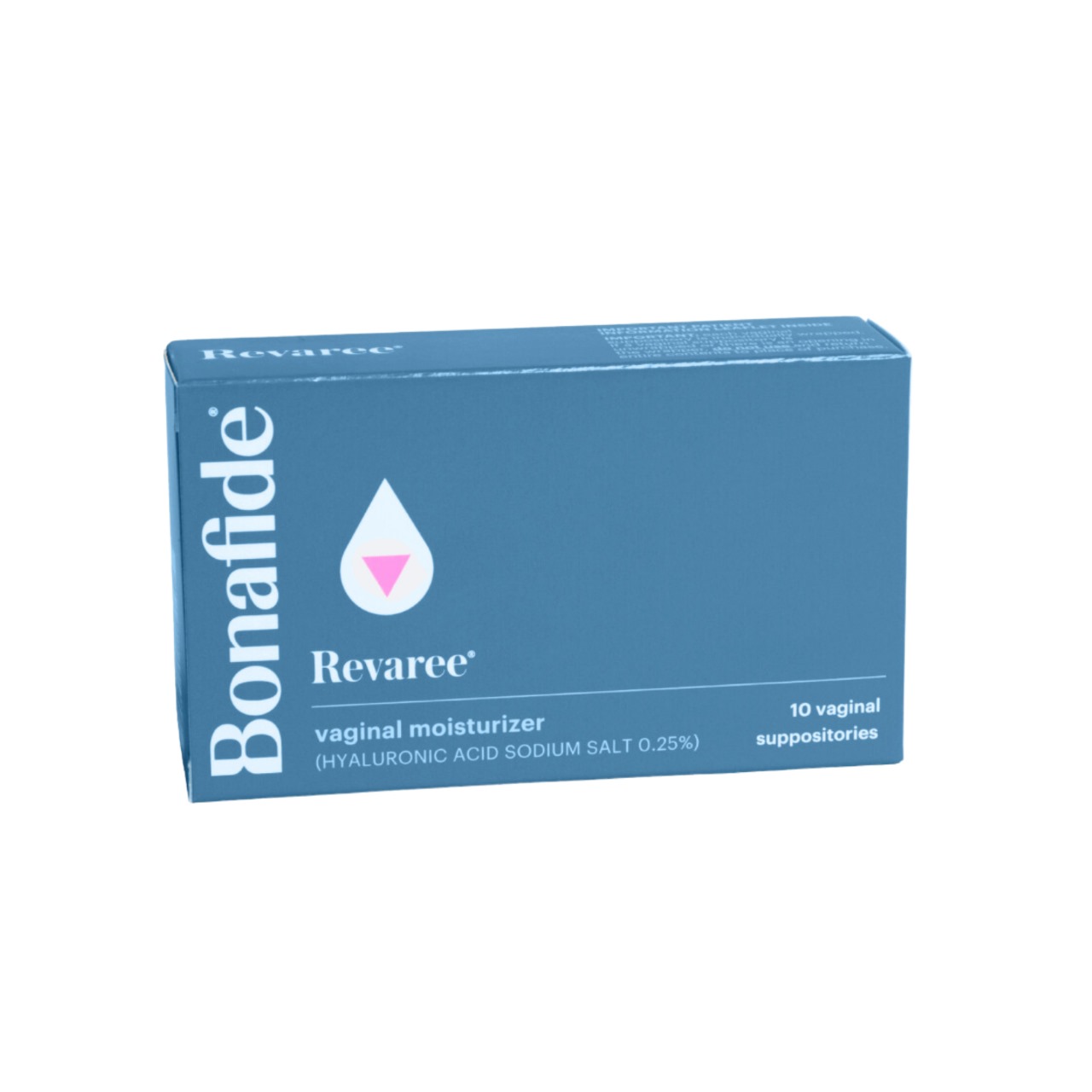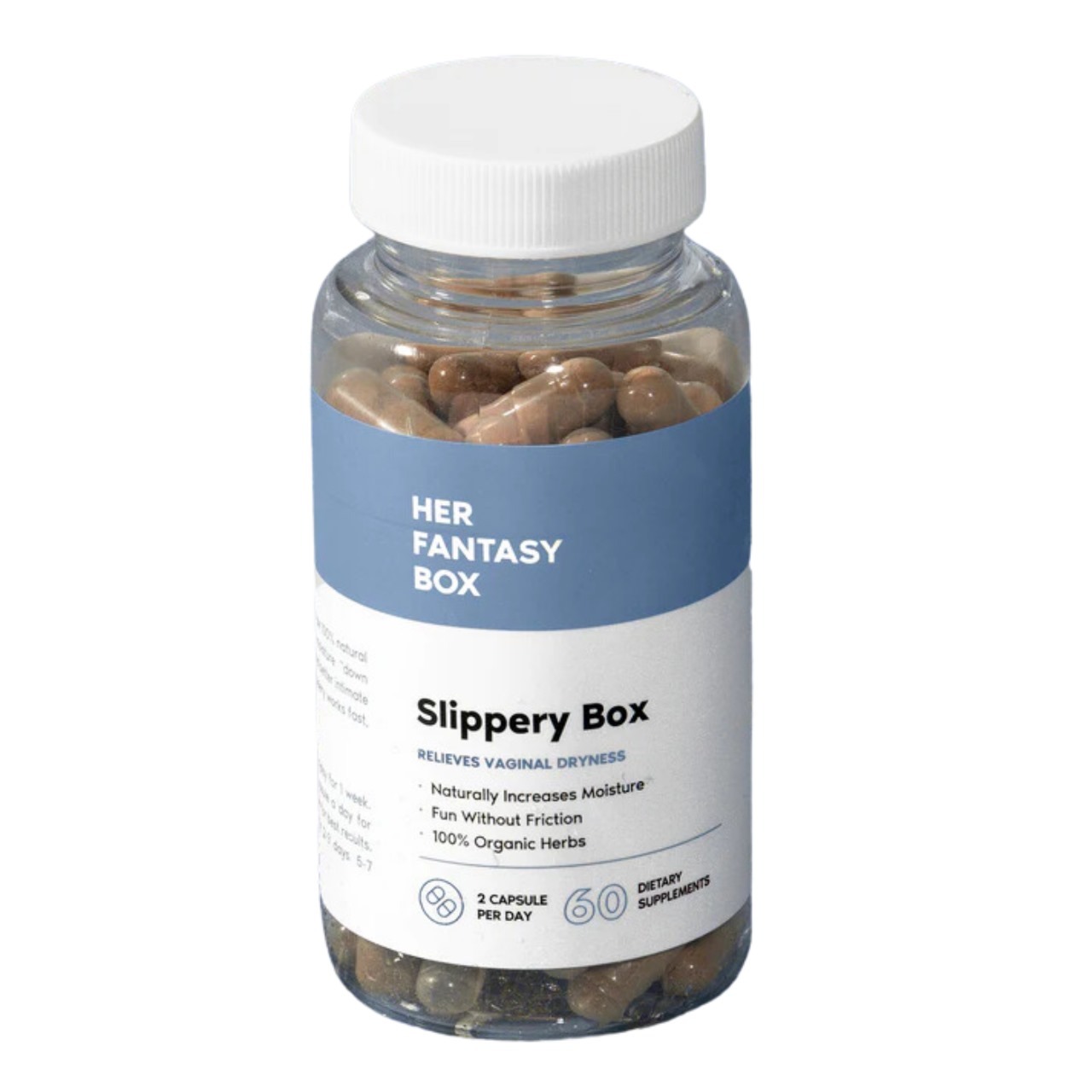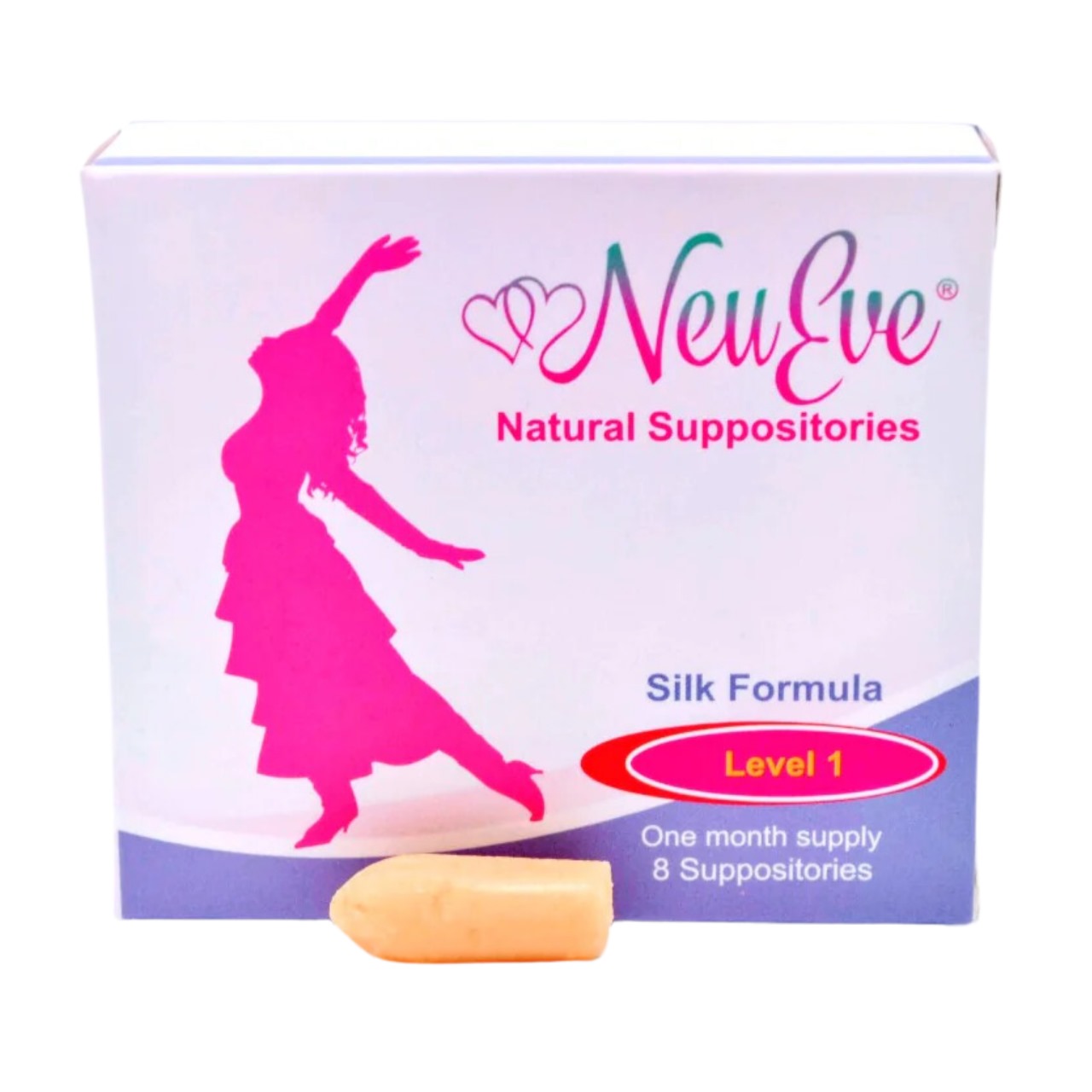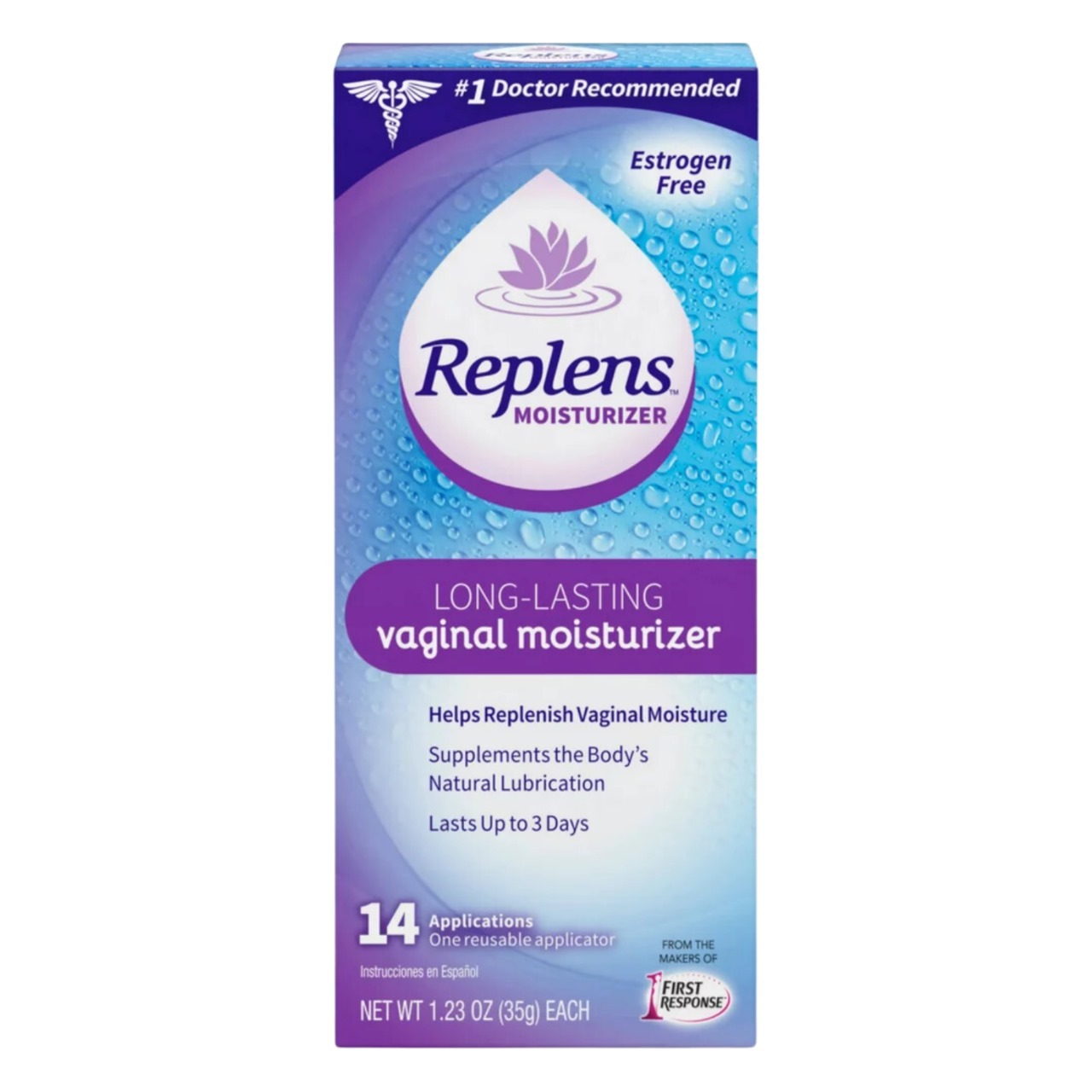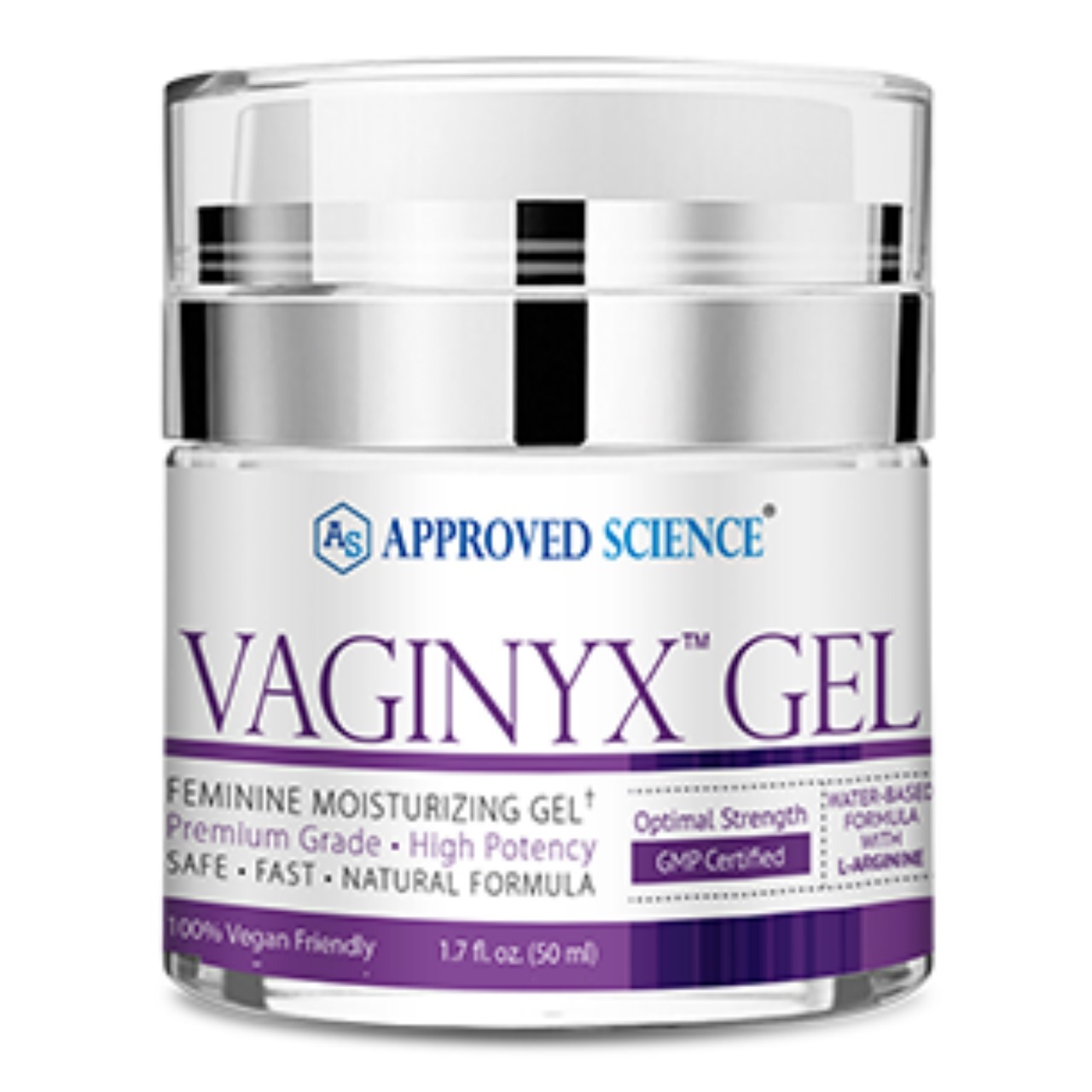How to Choose the Best Vaginal Moisturize
Selecting the right vaginal moisturizer is key to managing intimate health. When choosing, consider the cause of your vaginal dryness, as this can influence the effectiveness of different products. Decide between hormonal or non-hormonal options based on your health and preferences. Look for safe and gentle ingredients, especially if you have sensitive skin, and avoid harsh chemicals and fragrances. The ease of application is also important, so choose a format that suits your lifestyle, whether it's with an applicator or without. Consulting healthcare professionals can provide valuable guidance, especially if you have specific health concerns. Additionally, reading reviews and recommendations can offer insights into a product’s performance. Finally, balance the cost against the value and benefits the product offers. Remember, the ideal vaginal moisturizer should meet your individual needs and fit seamlessly into your daily routine for the best results.
How Hyaluronic Acid Works Against Vaginal Dryness
Hyaluronic Acid (HA) is a naturally occurring substance in the body known for its remarkable moisture-retention properties, making it a powerful ingredient in combating vaginal dryness. HA's ability to attract and retain up to 1,000 times its weight in water aids in effectively hydrating and rejuvenating the vaginal tissue.
When applied as a vaginal moisturizer, Hyaluronic Acid works by creating a protective layer on the vaginal lining. This layer helps to lock in moisture, providing much-needed hydration to the dry and delicate tissues. Over time, this leads to an increase in tissue elasticity and a reduction in discomfort and irritation commonly associated with vaginal dryness.
Moreover, HA promotes the natural healing process. By maintaining an optimal moisture balance, it supports the repair of thinning and damaged vaginal tissue. This is particularly beneficial during menopause, postpartum, or in other conditions where hormonal changes lead to decreased natural lubrication.
Hyaluronic Acid’s gentle, non-irritating nature makes it suitable for long-term use and an excellent choice for those seeking a natural, hormone-free approach to manage vaginal dryness. Its effectiveness in restoring vaginal moisture and health is why it's increasingly favored in vaginal moisturizers.
What Are the Common Causes of Vaginal Dryness?
Vaginal dryness is a condition that can affect women at various stages of their life, most commonly during menopause. The primary cause is a decrease in estrogen levels, which leads to a thinning and drying of the vaginal walls. This hormonal change is most notable during menopause, but it can also occur postpartum, during breastfeeding, or as a result of certain medical treatments such as chemotherapy or radiation therapy. Other contributing factors can include the use of certain medications, such as antihistamines, antidepressants, and some birth control pills, which may affect moisture levels. Lifestyle factors like smoking and stress, as well as underlying health conditions such as autoimmune disorders, can also play a role. Vaginal dryness can lead to discomfort, itching, burning, and pain during intercourse, impacting a woman's quality of life and sexual health.
How do Vaginal Moisturizers Help in Treating Vaginal Dryness?
Vaginal moisturizers are formulated to provide longer-lasting relief from the symptoms of vaginal dryness. Unlike lubricants, which are primarily used to reduce friction during intercourse, moisturizers are designed for regular use, with the goal of replenishing and maintaining natural moisture levels in the vaginal tissue. They work by mimicking the body's natural moisture to create a more balanced, comfortable environment. Regular application can help to restore the natural acidic pH of the vagina, reduce irritation, and improve the elasticity and health of the vaginal tissues. This can enhance comfort in everyday life as well as during sexual activity.
What Are the Most Effective Ingredients in Vaginal Moisturizers for Treating Dryness?
When choosing a vaginal moisturizer, looking for certain key ingredients can be beneficial. Hyaluronic acid is a popular choice as it is a natural substance in the body that helps retain moisture. Glycerin is another common ingredient known for its humectant properties, drawing moisture into the tissues. Natural oils like vitamin E and coconut oil can also be effective. Products that are formulated to match the natural pH of the vagina (typically around 3.5 to 4.5) are preferable, as they help maintain the balance of healthy bacteria and protect against irritation and infection.
Are There any Side Effects Associated With the Use of Vaginal Moisturizers?
Generally, vaginal moisturizers are considered safe and are well-tolerated by most women. However, some individuals may experience side effects, including temporary burning, itching, or irritation after application. These reactions are often mild and transient, but if they persist, it's advisable to stop using the product and consult a healthcare provider. Selecting a product that is free from potential irritants like fragrances, dyes, and parabens is important. Women with specific allergies or sensitivities should carefully read product labels or consult with a healthcare provider to choose the most suitable product.
The Best Vaginal Moisturizers Can:
-
Restores moisture
-
Reduces discomfort
-
Improves intimacy
-
Maintains vaginal health
-
Safe for regular use
-
Versatile for all life stages
Factors to Consider When Choosing the Best Vaginal Moisturizer
-
Ingredients
The composition of a vaginal moisturizer is crucial for its effectiveness and safety. Look for products that contain natural, non-irritating ingredients, as these are less likely to cause allergic reactions or discomfort. Beneficial ingredients include hyaluronic acid, which is known for its moisture-retaining properties, glycerin, a well-regarded humectant that draws moisture into the skin, and natural oils like vitamin E or coconut oil for their soothing properties. It's advisable to avoid moisturizers containing parabens, fragrances, and dyes, as these can irritate sensitive vaginal tissue. Some products also include probiotics to support the natural flora of the vagina. Reading labels and understanding ingredient lists can be helpful in selecting a product that is both effective and gentle.
-
pH Balance
The vagina has a natural pH level that is slightly acidic, typically around 3.5 to 4.5. This acidity is important for maintaining a healthy bacterial balance and preventing infections. When choosing a vaginal moisturizer, it's important to select one that helps maintain or restore this natural pH balance. Products that are pH-balanced support the health of the vaginal environment, reducing the risk of irritation and infection. Some moisturizers are specifically formulated to match the vaginal pH and are labeled as such, making them a preferable choice.
-
Personal Needs and Sensitivities
Individual health conditions, sensitivities, and personal preferences play a significant role in selecting the right vaginal moisturizer. For instance, women going through menopause may require a different formulation than younger women, as menopausal changes often lead to more significant decreases in estrogen, impacting vaginal dryness. If you have allergies or skin sensitivities, it's essential to choose a product that is hypoallergenic and free from known irritants. Additionally, considering personal preferences regarding texture, scent (or lack thereof), and ease of use is also important for consistent use. Consultation with a healthcare provider is highly recommended, especially for those with ongoing medical conditions, undergoing treatments like chemotherapy, or experiencing severe symptoms. A healthcare professional can provide guidance tailored to your specific health needs and conditions.
What to Look For in The Best Vaginal Moisturizers?
-
Ingredients and Formulation
The composition of a vaginal moisturizer is crucial. Look for products that contain natural, non-irritating ingredients. Ideal ingredients include hyaluronic acid, glycerin, and natural oils like vitamin E, which are known for their hydrating properties. Avoid moisturizers with parabens, fragrances, and dyes, as these can cause irritation, especially in sensitive areas. Some moisturizers also contain beneficial additives like aloe vera or probiotics, which can further support vaginal health. It's important to choose a product that is water-based rather than oil-based, as oil-based products can disrupt the natural balance of the vagina and degrade latex condoms.
-
pH Balance
The vagina maintains a natural acidic pH that helps prevent infections. Select a moisturizer that is pH-balanced to match the natural vaginal environment, typically around 3.5 to 4.5. A pH-balanced moisturizer helps to maintain the natural flora and health of the vagina, reducing the risk of irritation and infections. Products specifically formulated to maintain this pH balance are usually more beneficial for vaginal health.
-
Safety and Testing
Ensure that the product is clinically tested and safe for intimate areas. Look for moisturizers that are hypoallergenic and free from harmful chemicals. Certifications from relevant health authorities or third-party testing can be an indicator of quality and safety. It’s also important to check if the moisturizer is compatible with condoms and other products you might be using. Consulting a healthcare provider before choosing a vaginal moisturizer is advisable, especially if you have specific health concerns or conditions like allergies or skin sensitivities.
What to avoid in the best vaginal moisturizers?
-
Irritating Chemicals and Allergens
Avoid moisturizers containing potential irritants like parabens, dyes, fragrances, and propylene glycol. These chemicals can cause irritation, allergic reactions, or disrupt the natural balance of the vagina. It’s especially crucial for individuals with sensitive skin or allergies to be cautious about these ingredients.
-
Oil-Based Formulas
Oil-based moisturizers can disrupt the natural environment of the vagina. They can also degrade latex condoms, reducing their effectiveness for contraception and protection against sexually transmitted infections. It’s generally recommended to choose water-based or silicone-based moisturizers for vaginal use.
-
Glycerin and Sugars
Some vaginal moisturizers contain glycerin and other sugars, which can potentially lead to yeast overgrowth. This is particularly important for women who are prone to yeast infections. Moisturizers without these ingredients are often a safer choice to maintain the natural balance of vaginal flora.
Best Vaginal Moisturisers - Ultimate Checklist
-
Ingredient Safety and Suitability
Choose moisturizers with safe, non-irritating ingredients. Look for hypoallergenic products free from parabens, fragrances, dyes, and other potential irritants. Natural, gentle ingredients like hyaluronic acid, aloe vera, and vitamin E are beneficial. It's also important to ensure the product is appropriate for your specific needs, whether it's for menopausal dryness, postpartum recovery, or sensitive skin.
-
pH Balance and Formula Compatibility
Opt for a product that maintains or supports the natural pH balance of the vagina, which is typically between 3.5 and 4.5. A pH-balanced moisturizer helps in maintaining healthy vaginal flora and preventing infections. Additionally, check the compatibility of the moisturizer with condoms (if relevant) and ensure it's suitable for regular, long-term use without adverse effects.
Certifications and Reputation
A company confident in its product will be able to back it with a money-back guarantee so you can test the supplement stress-free. Look for a collagen powder with at least a 30-day money-back guarantee.
